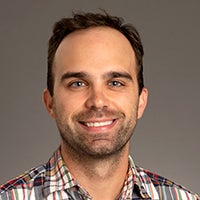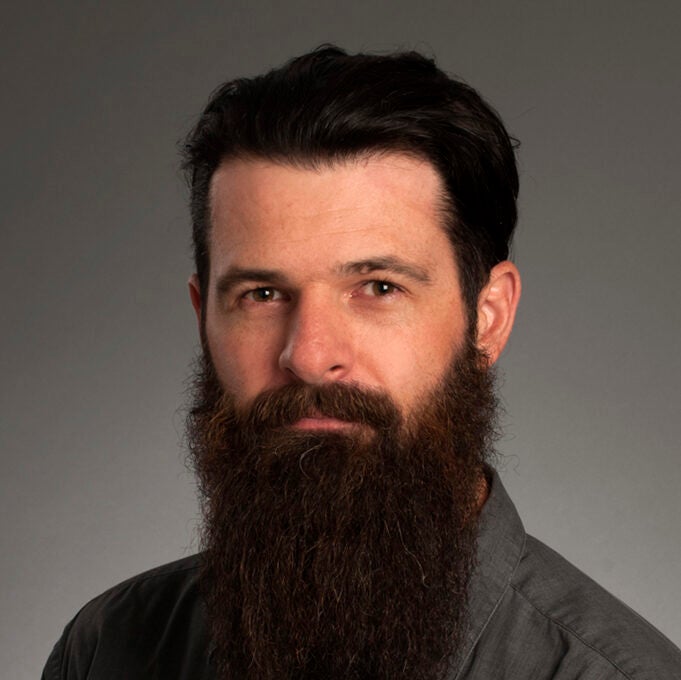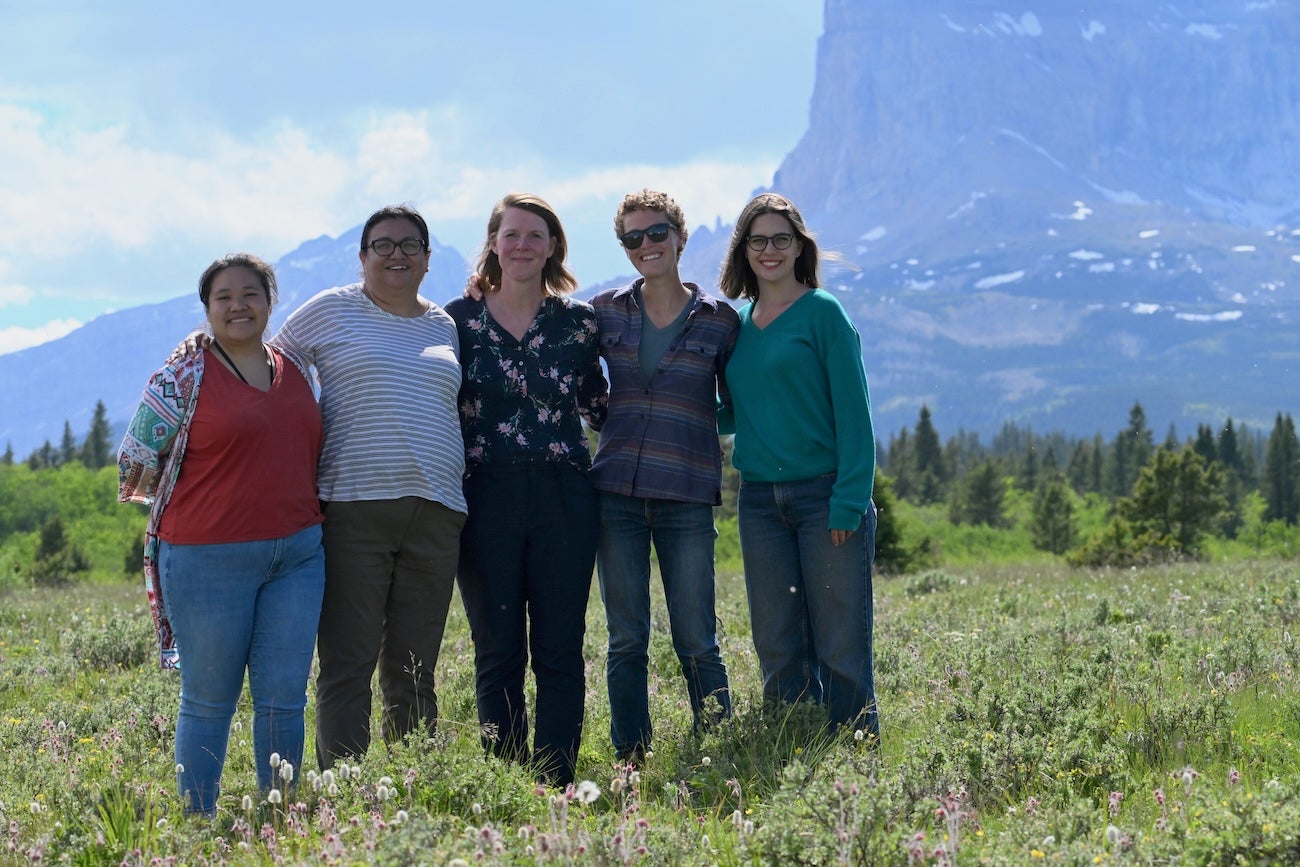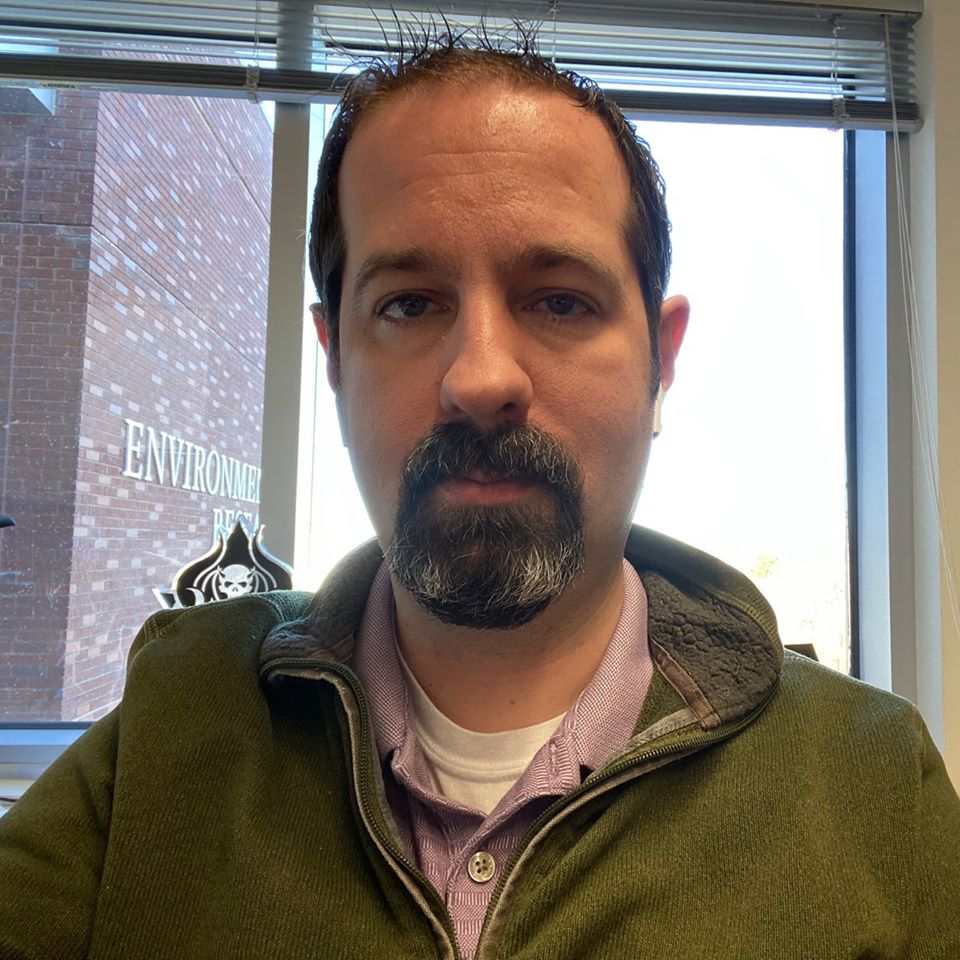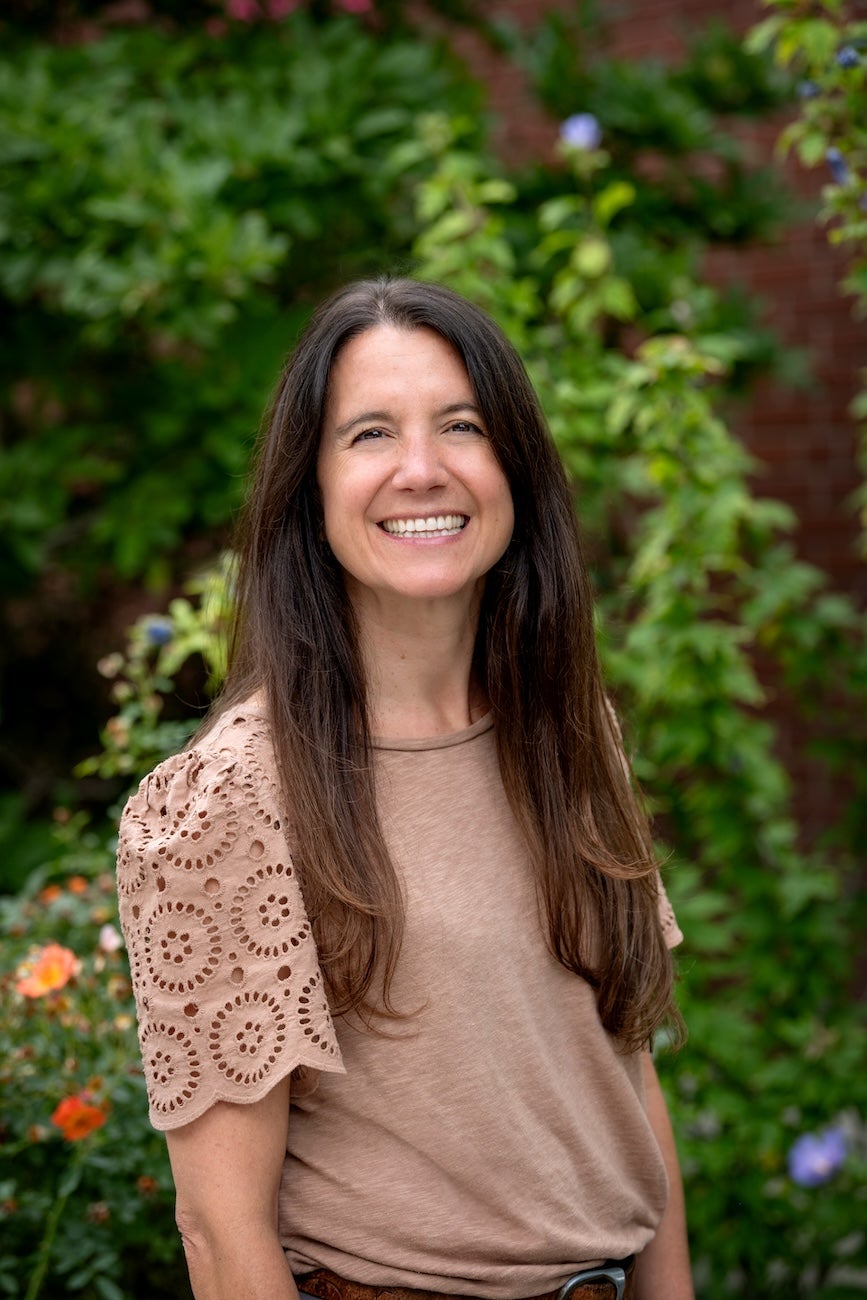Find an expert
School of Public Service faculty have expertise in many categories. Use the links to visit faculty profiles on the Boise State Experts Portal, and a categorized list of experts by category on our Ask an Expert page.
Featured
Lisa Meierotto, associate professor in the School of Public Service, and Rebecca Som Castellano, professor in the School of the Environment, were recently interviewed about conditions facing Idaho farmworkers. The article explains new federal labor rules intended to protect farmworkers by improving safety and working conditions, and how Idaho’s Attorney General, along with 16 other states, recently halted the implementation of these rules through a lawsuit.
Boise State University’s Idaho Policy Institute (IPI) was selected as the evaluator of a $6.6 million grant from the United States Treasury’s Social Impact Partnerships to Pay for Results Act (SIPPRA) program, which will result in a $1 million award for the university. The grant was awarded to the City of Boise and will be used to bolster access to housing in the Boise community, through the building of 143 new housing units for citizens overcoming housing instability. The project is called the Permanent Supportive Housing Pipeline, and the evaluation marks the largest sponsored project award in IPI’s history.
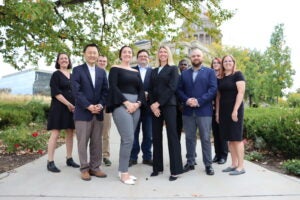
Reeder, Thompson and Wing present at leadership conference
Last month, Brian Thompson and Heidi Reeder presented at the Beacon Leadership Conference, along with past student and Boise State employee, Eliseo Ché Wing. Their session, “Leadership in Action: Cultivating Authentic Relationships,” was aimed at the approximately 400 student attendees from Idaho and Utah.
Reeder and Thompson are both professors in the leadership certificate programs at Boise State.
Faculty in Action
-
Monday Jul 14th, 2025
Attend the 2025 Idaho Conference on Undergraduate Research 2025 on July 16, 17
Prepare to be amazed at the breadth of research conducted by undergraduates in Idaho this… -
Friday Jul 11th, 2025
Lee and King publish on charge reduction and conviction in sexual assault cases
Jacqueline Lee and Laura King, professors of criminal justice in the School of Public Service,… -
Thursday Jul 3rd, 2025
Hunt explains loyalty dynamics between U.S. President and Congress related to recent bill
Charlie Hunt, associate professor of political science, recently published an article for The Conversation that… -
Wednesday Jul 2nd, 2025
Boise State faculty host conference for Idaho social studies teachers
On June 12 and 13, 2025, the Symposium for Civic and History Education hosted the… -
Friday Jun 20th, 2025
Meierotto, Som Castellano, Hyland publish research on seasonal farmworkers in Idaho
Lisa Meierotto, Rebecca Som Castellano and Carly Hyland, faculty members at Boise State, recently published…
Upcoming Events
Join us on February 28, 2025 for the SPS Research Showcase, where faculty from the School of Public Service will be presenting their research.
By the numbers
1.86M
210,341
60
Research Committee
The goal of the SPS Research Committee is to support and foster research across the School of Public Service through research grants, events, and graduate assistantships. The Committee is composed of faculty from across the School of Public Service and is chaired by Libby Lunstrum, SPS Research Director. Questions can be sent to spsresearch@boisestate.edu.
Visit the Research Committee website to learn more